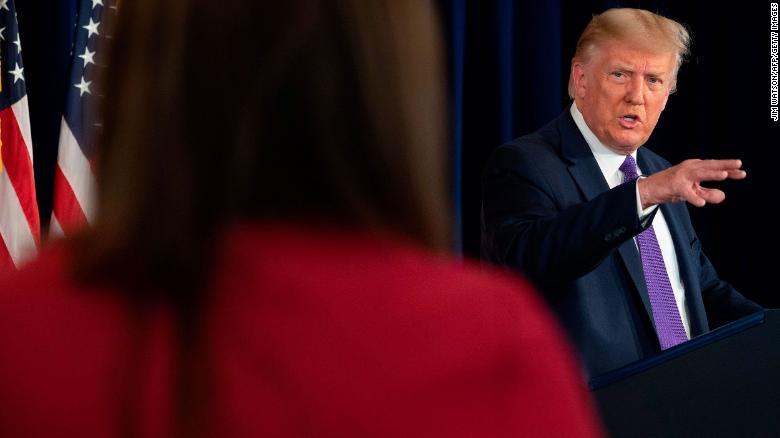begin quote from:
White House focus on oleandrin treatment for coronavirus would be 'nonsense,' experts say
(CNN)Is the White House about to promote a new, unproven and sketchy coronavirus treatment?
Mike Lindell, the CEO of MyPillow and an enthusiastic Trump supporter, says so. He told CNN he took part in a July meeting with President Trump to discuss oleandrin as a potential treatment for coronavirus.
But such early enthusiasm for the compound, made using a toxic shrub, is not only strange, but disturbing, three infectious disease specialists told CNN Monday.
It's only been tested in laboratory dishes and is very unlikely to end up as a treatment for the infection, they said.
"This is really just nonsense and a distraction," Dr. Jonathan Reiner, CNN medical analyst and a professor of medicine at George Washington University, told CNN's Anderson Cooper.
Oleandrin, made from the flowering oleander plant, produces a compound similar to the digoxin that comes from flowers known as foxgloves. Both are extremely toxic. "You can find online a preprint, non-peer-reviewed paper that seems to suggest that in vitro, in other words in test tubes, that there is some antiviral activity for this compound," Reiner said.
"But I can tell you there are millions of compounds that, when tested in vitro, in a test tube, appear to have some antiviral activity but that are worthless in vivo, in humans."
The research itself is solid, performed by a team led by Scott Weaver of the World Reference Center for Emerging Viruses and Arboviruses at the University of Texas Medical Branch. "Oleandrin has been recognized as the active principle ingredient in oleander extracts used in Phase I and Phase II clinical trials of patients with cancer," they wrote.
"These trials defined the pharmacokinetics of oleandrin and demonstrated that extracts containing this molecule could be given safely as an oral drug to patients without significant adverse events. Less appreciated is the strong antiviral activity of this class of compounds." Their tests of the compound in monkey cells grown in lab dishes suggested it could inactivate coronavirus.
But the researchers added that animal tests are needed before any further discussion of the use of the drug against coronavirus.
Dr. Peter Hotez, dean of the school of tropical medicine at Baylor College of Medicine, agreed. "It should be added to the growing list of compounds that are tested in laboratory animals. That's it," Hotez told Cooper. "The likelihood that this would actually emerge as a proven therapy is still remote," he added. "Even after animal testing it could still fail in clinical trials."
Last week, Lindell was added to the board of Phoenix Biotechnology, which makes oleandrin, and received a financial stake in the company.
Trump said he had "heard about" oleandrin. "Is it something people are talking about very strongly?" he asked a reporter on the White House lawn.
"We'll look at it, we'll look at it, we're looking at a lot of different things," he said.
Hotez said he could not understand why the administration would focus on this particular product. "Why pivot towards this?" he asked. "It's somewhat odd or bizarre the way the President or the White House tends to go for these really strange types of miracle cures."
Get CNN Health's weekly newsletter
Sign up here to get The Results Are In with Dr. Sanjay Gupta every Tuesday from the CNN Health team.
Reiner likened it to President Trump's previous support of hydroxychloroquine, now shown to be unhelpful in treating coronavirus. "What is bothersome to me about this is less about this worthless botanical but more about the sidelining of scientists and the elevation of these sketchy characters who have access to the President and can tell the President that 'something's magic -- you should approve it.' It's incredibly disturbing to me," Reiner said.
Dr. William Schaffner, an infectious disease specialist at Vanderbilt University, has some simple advice for the public. "Don't take it. Stay away. This is quackery," he told CNN's Jake Tapper. "Do not take medications of any kind to either prevent this infection or to treat it that hasn't been vetted very, very carefully by the scientific community."
CNN's Betsy Klein contributed to this story




No comments:
Post a Comment